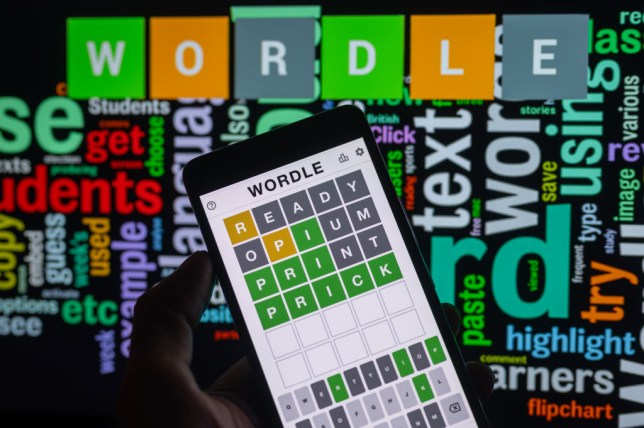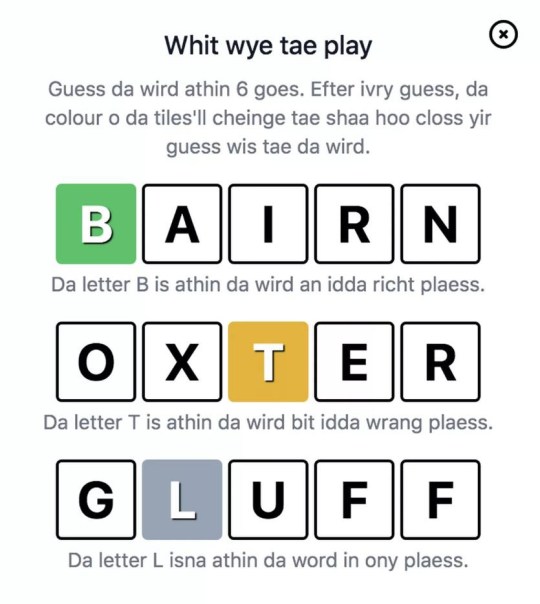A game to promote the Shetland dialect has been taken down following legal threats from the New York Times.
I Hear Dee created a free language game, called Wirdle, to promote the ‘Shetlandic’ dialect and help boost interest in the language, which resulted in more than 20,000 unique users of the game from 113 different countries.
However, the US newspaper, which owns the copyright to Wordle, says the game may have breached the Digital Millennium Copyright Act.
I Hear Dee said it did not believe free and non-profit versions of Wordle in languages other than English stepped on the New York Times game, but said it does not have the means to challenge the paper.
‘Frankly, every time anyone used an offshoot of Wordle there was an acknowledgement about the original source,’ said linguistics expert Professor Viveka Velupillai, who is part of I Hear Dee.
Speaking to the Shetland Times, she added: ‘All of those users were an enhancement to the New York Times Wordle, because every time anyone used that they would be aware of the fact that the inspiration was the original Wordle.
‘That made the original Wordle look like a really inclusive and inspirational game. That impression of course now has been reversed. We find it very questionable, we don’t see how word games in different languages can be an infringement on each other.
‘Our Wordle and all the minority language Wordles in the world are free, there’s no overlap with the English version because it’s different languages.’
The New York Times said it had taken legal action against a Github user who had shared a code leading to hundreds of websites popping up with ‘knock-off’ versions of its game.
The paper said it took the action to defend its intellectual property rights for Wordle, adding the developer had been given opportunities to alter their code.
A New York Times spokesperson said: ‘The Times has no issue with individuals creating similar word games that do not infringe The Times’ Wordle trademarks or copyrighted gameplay.’
MORE : Biden and Trump set for rematch after securing party nominations
MORE : Student missing after being kicked out of bar then stumbling away
MORE : Couple found dead after home ‘completely leveled’ by huge explosion
Get your need-to-know
latest news, feel-good stories, analysis and more
This site is protected by reCAPTCHA and the Google Privacy Policy and Terms of Service apply.














